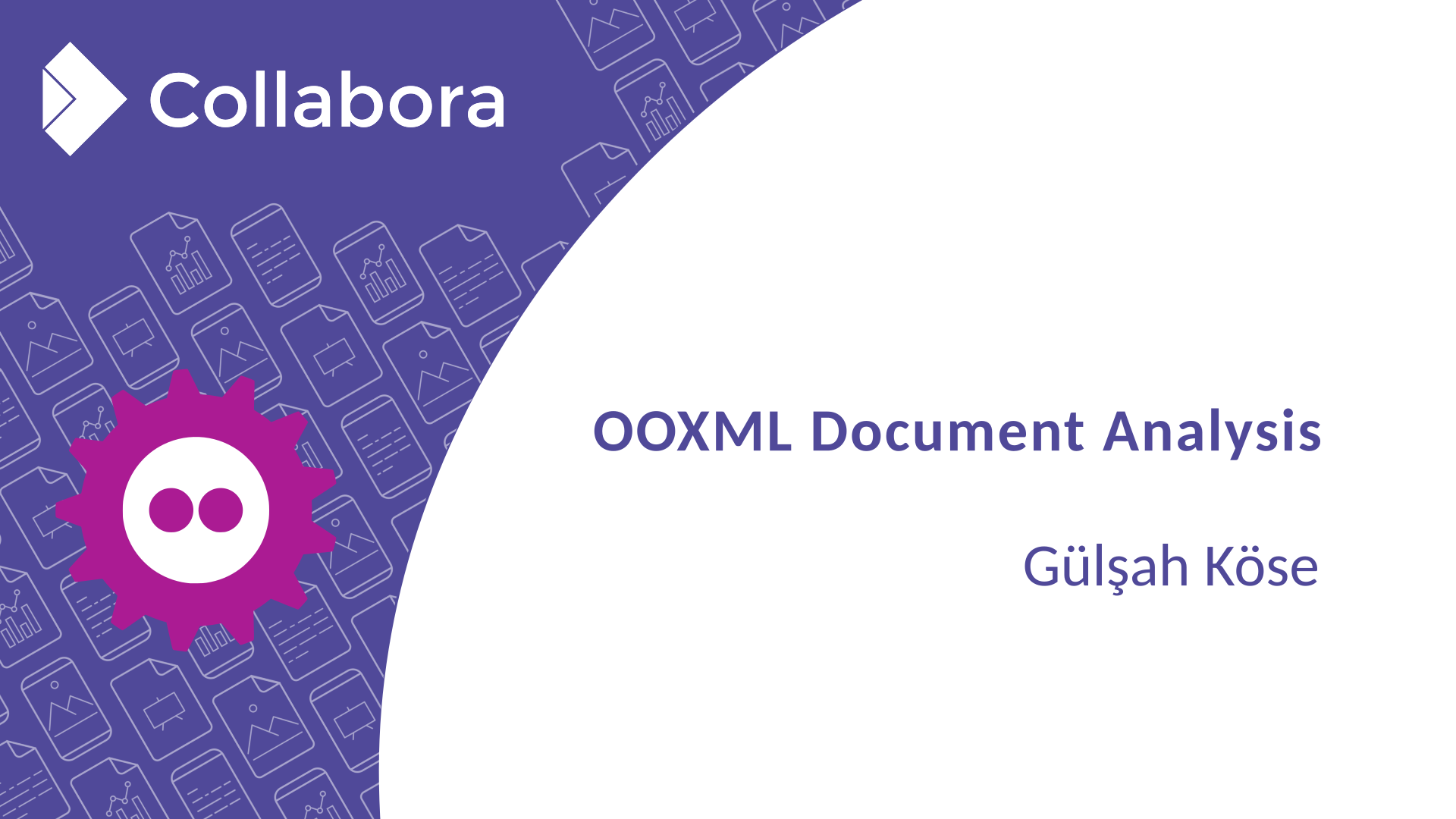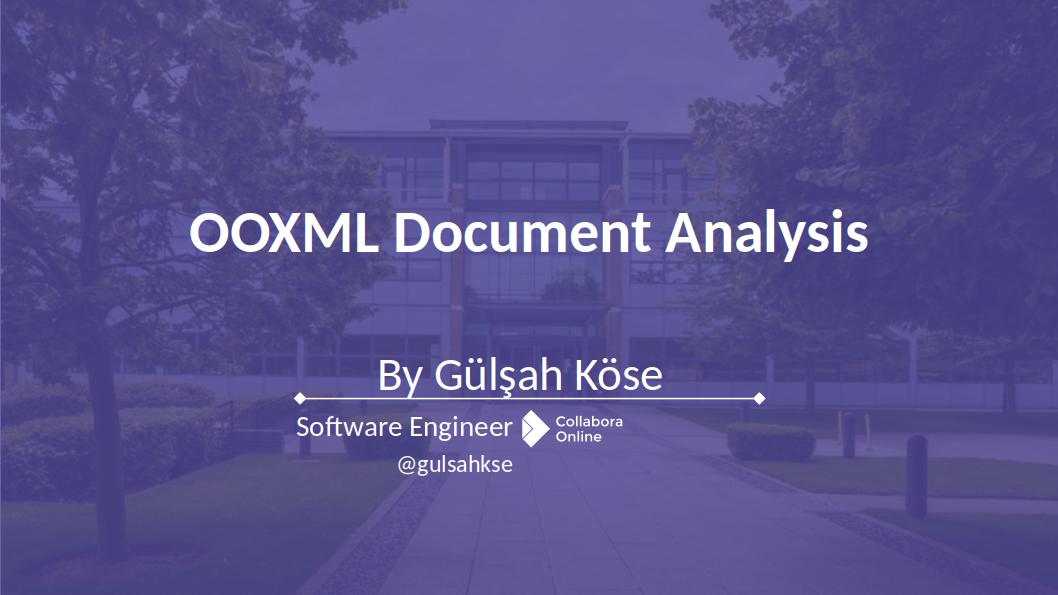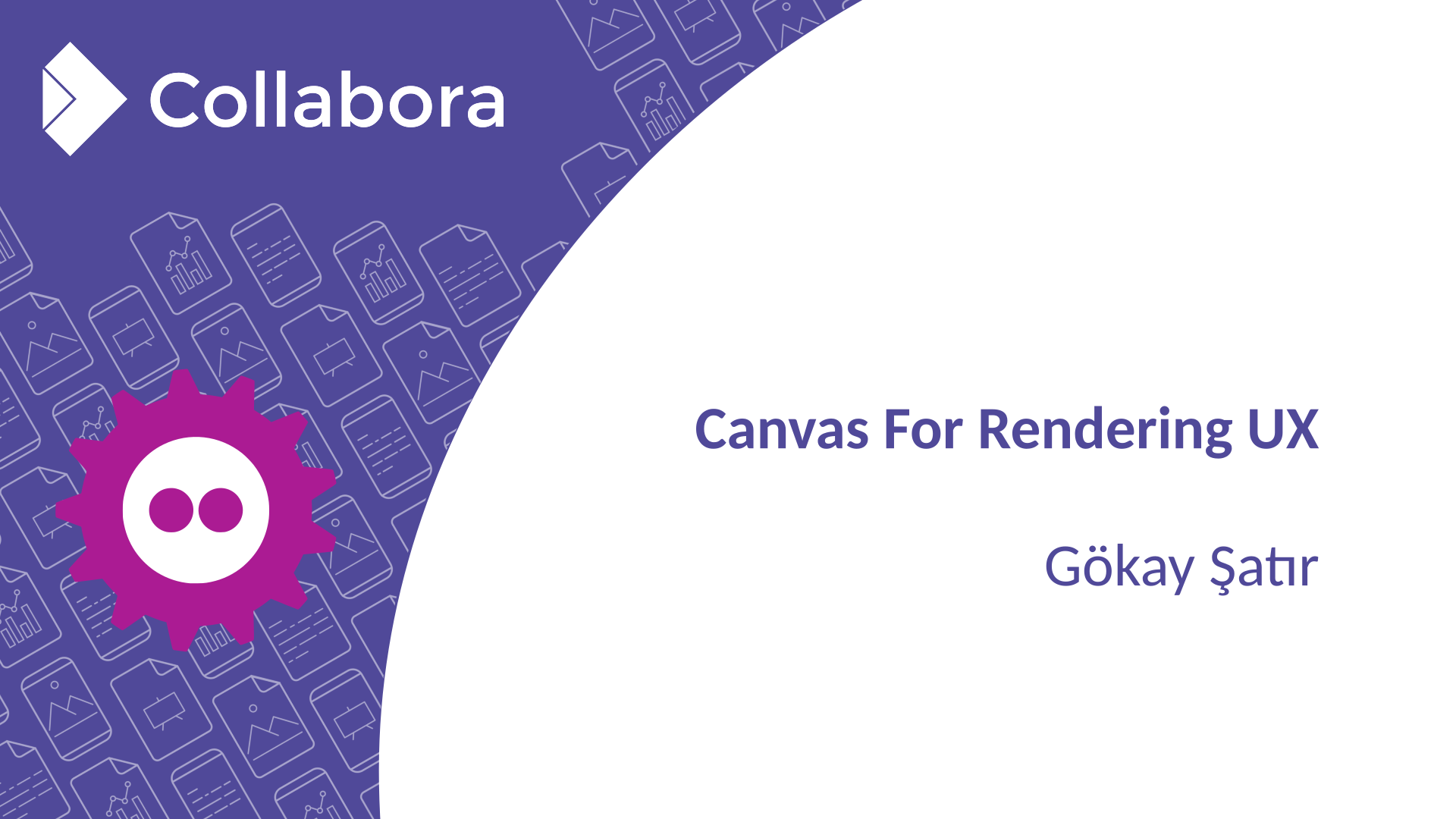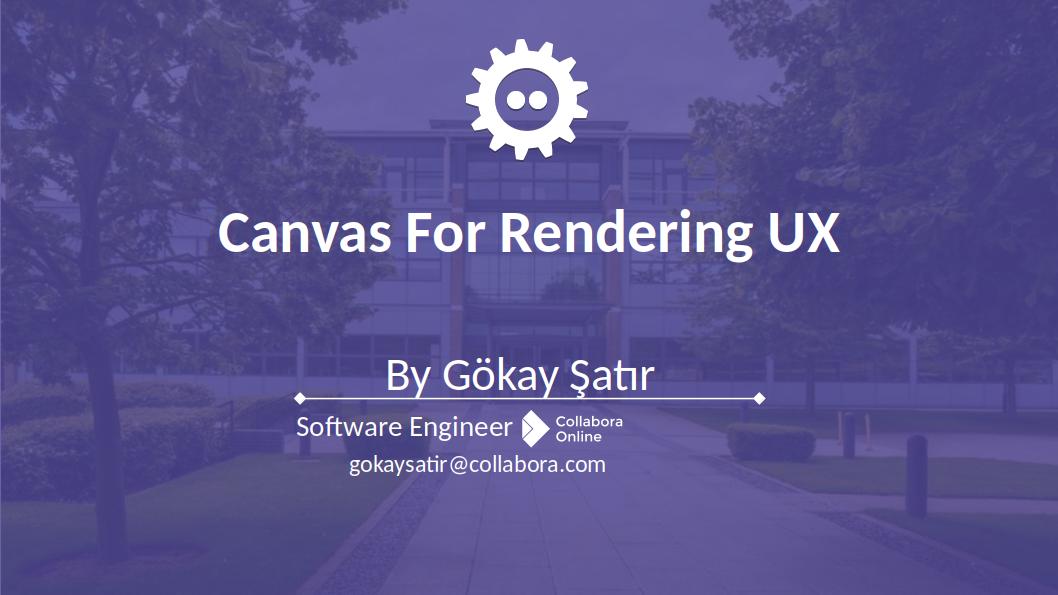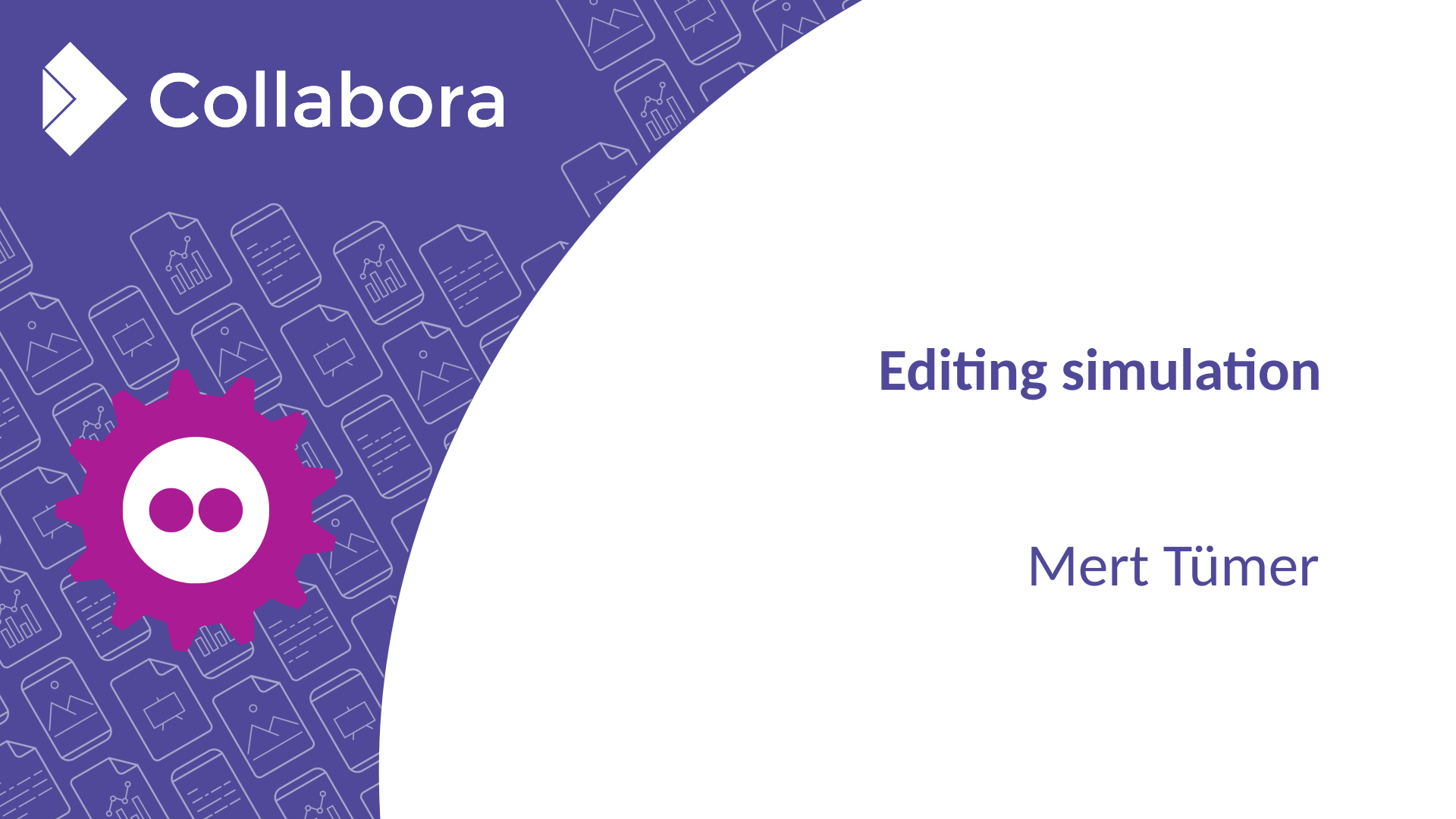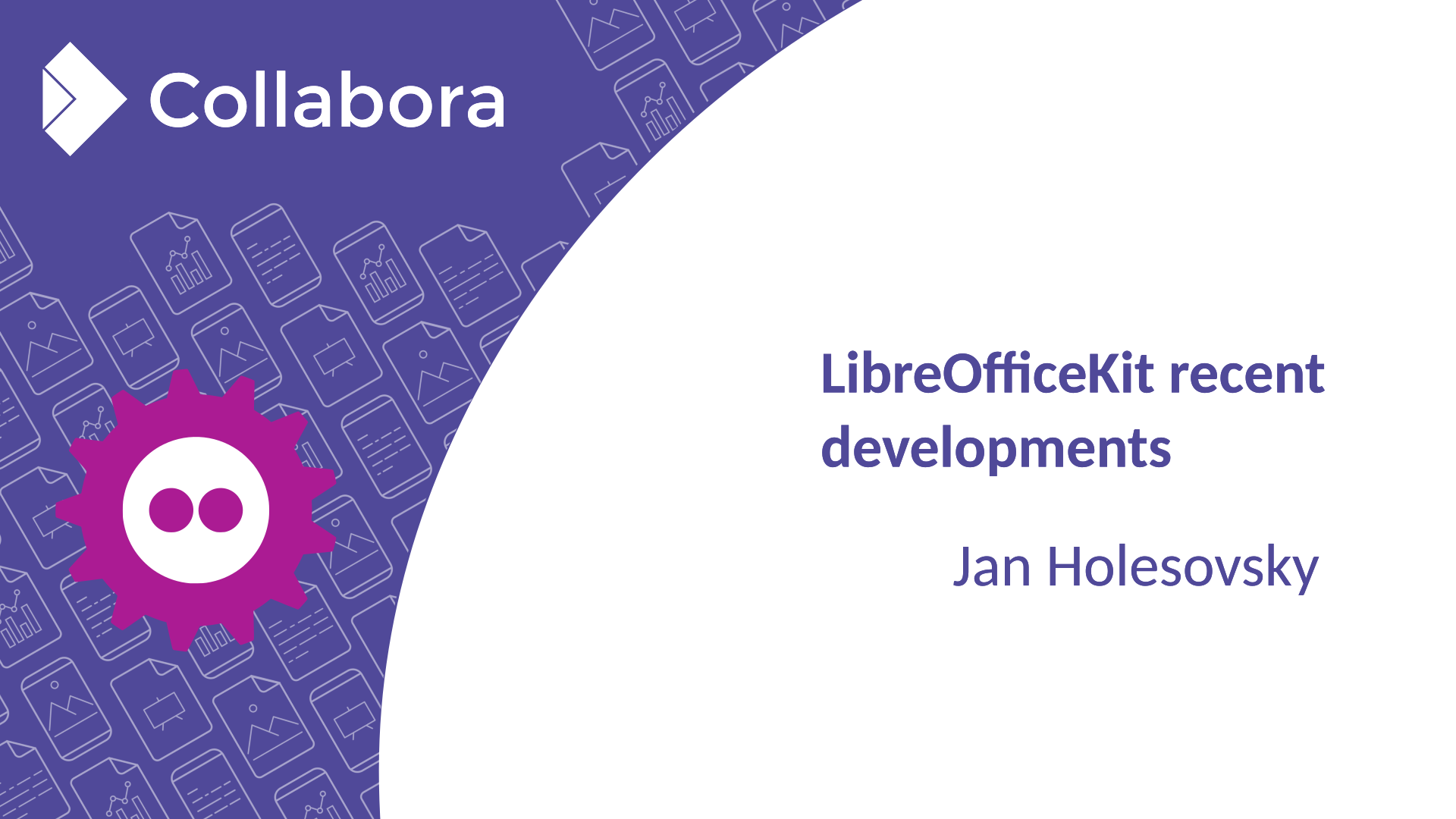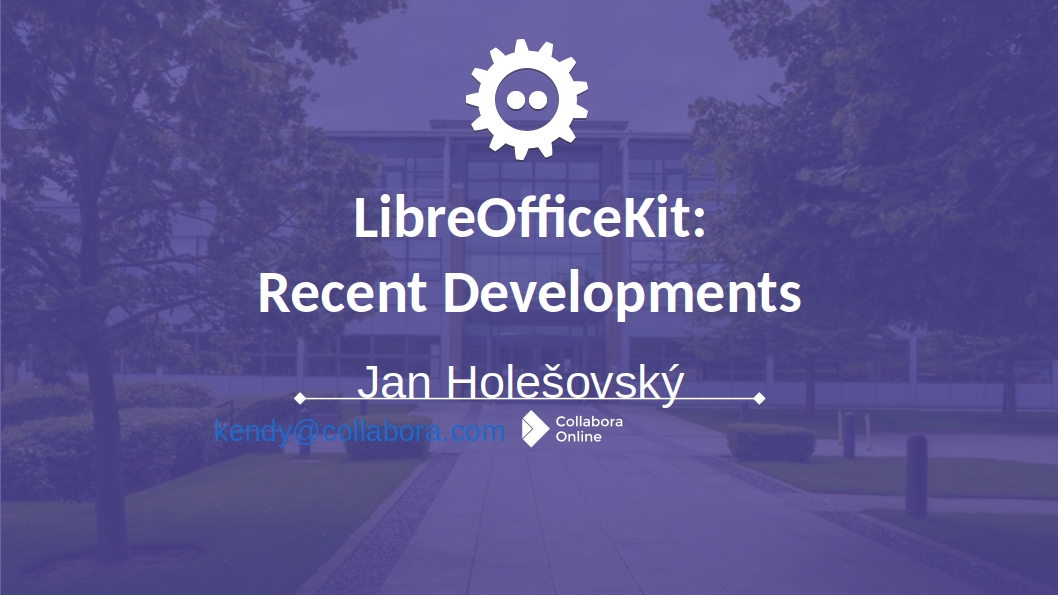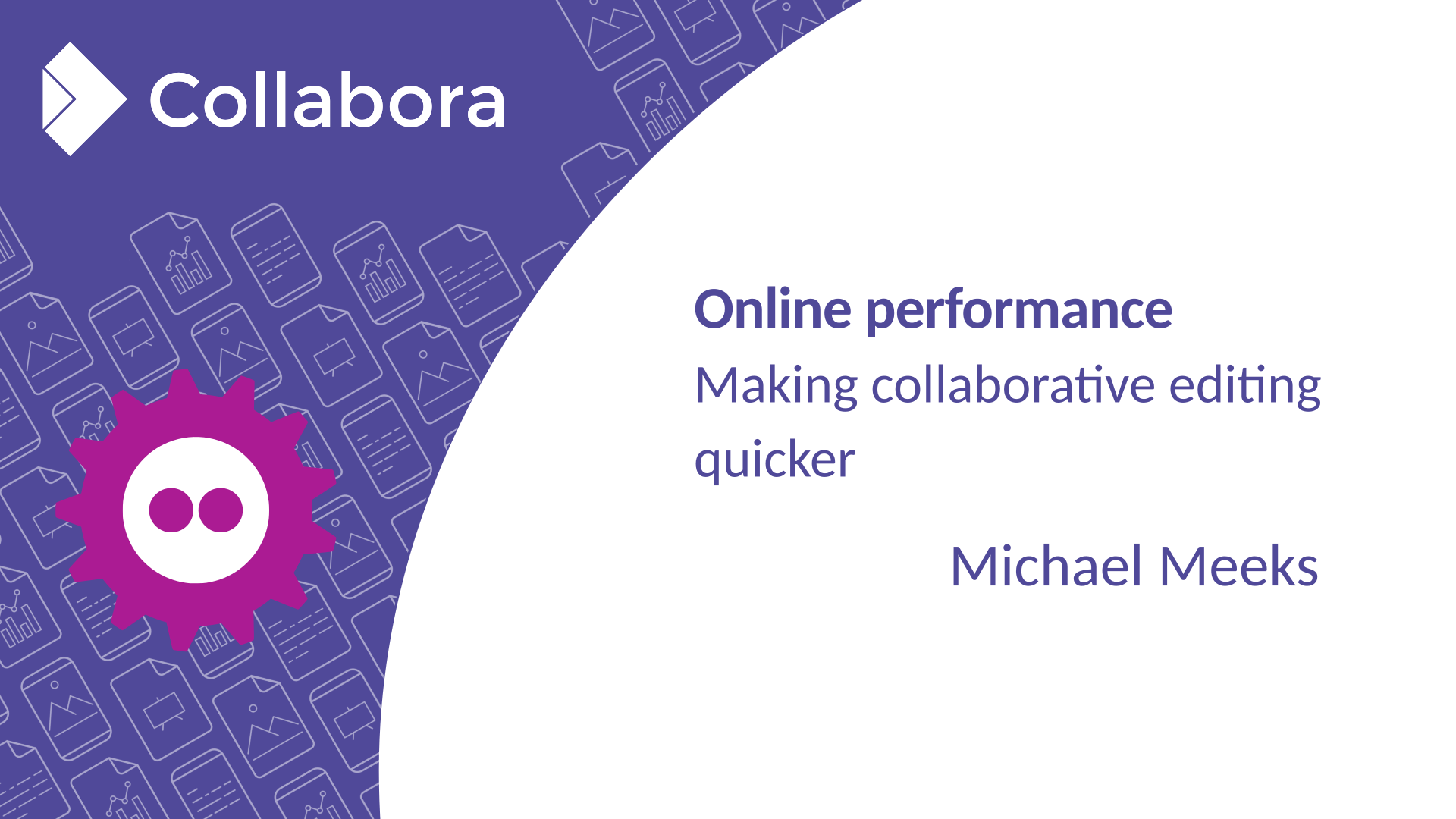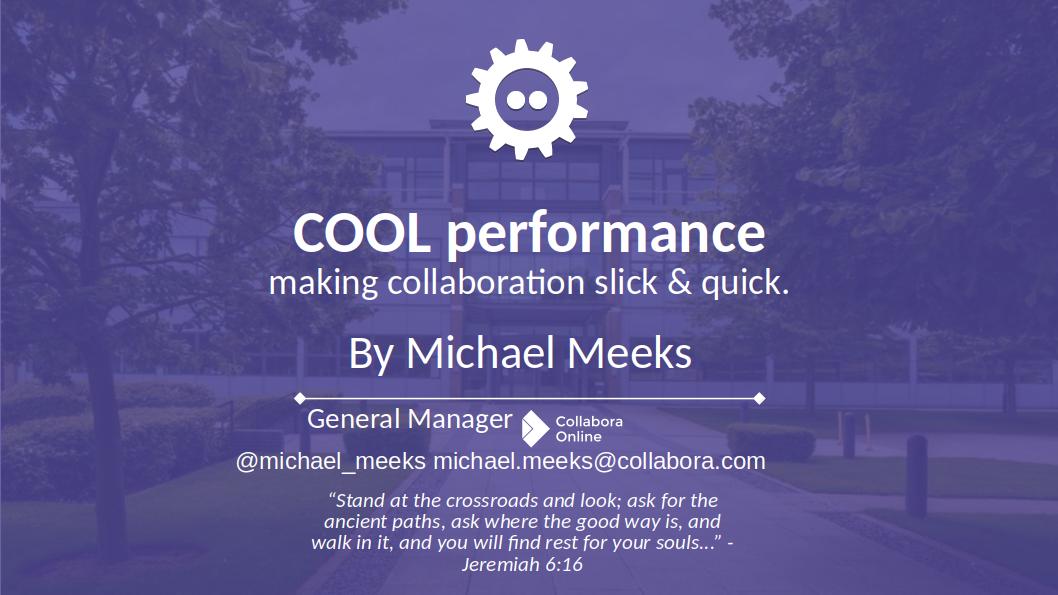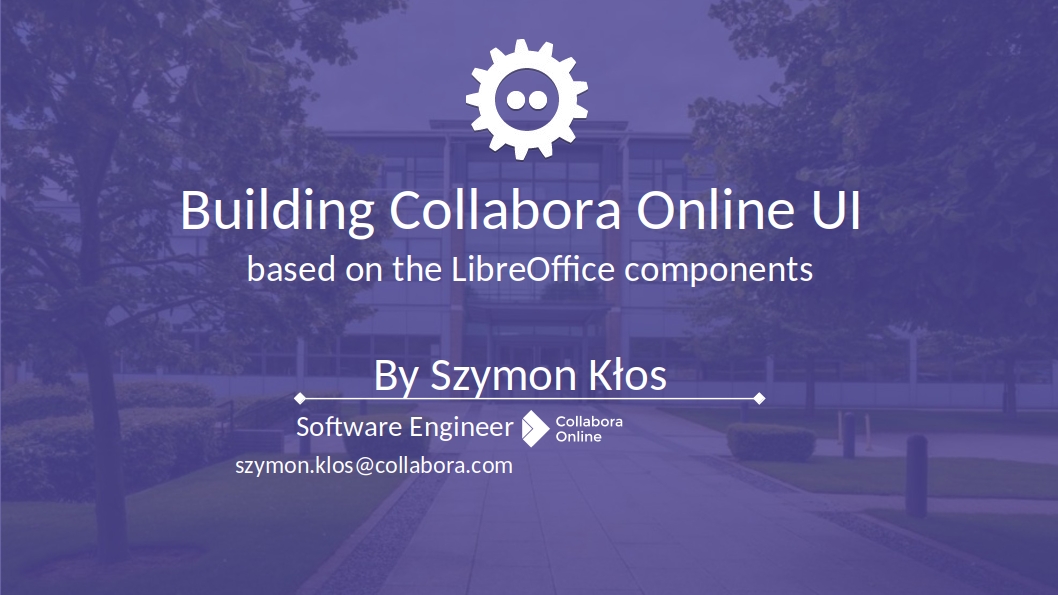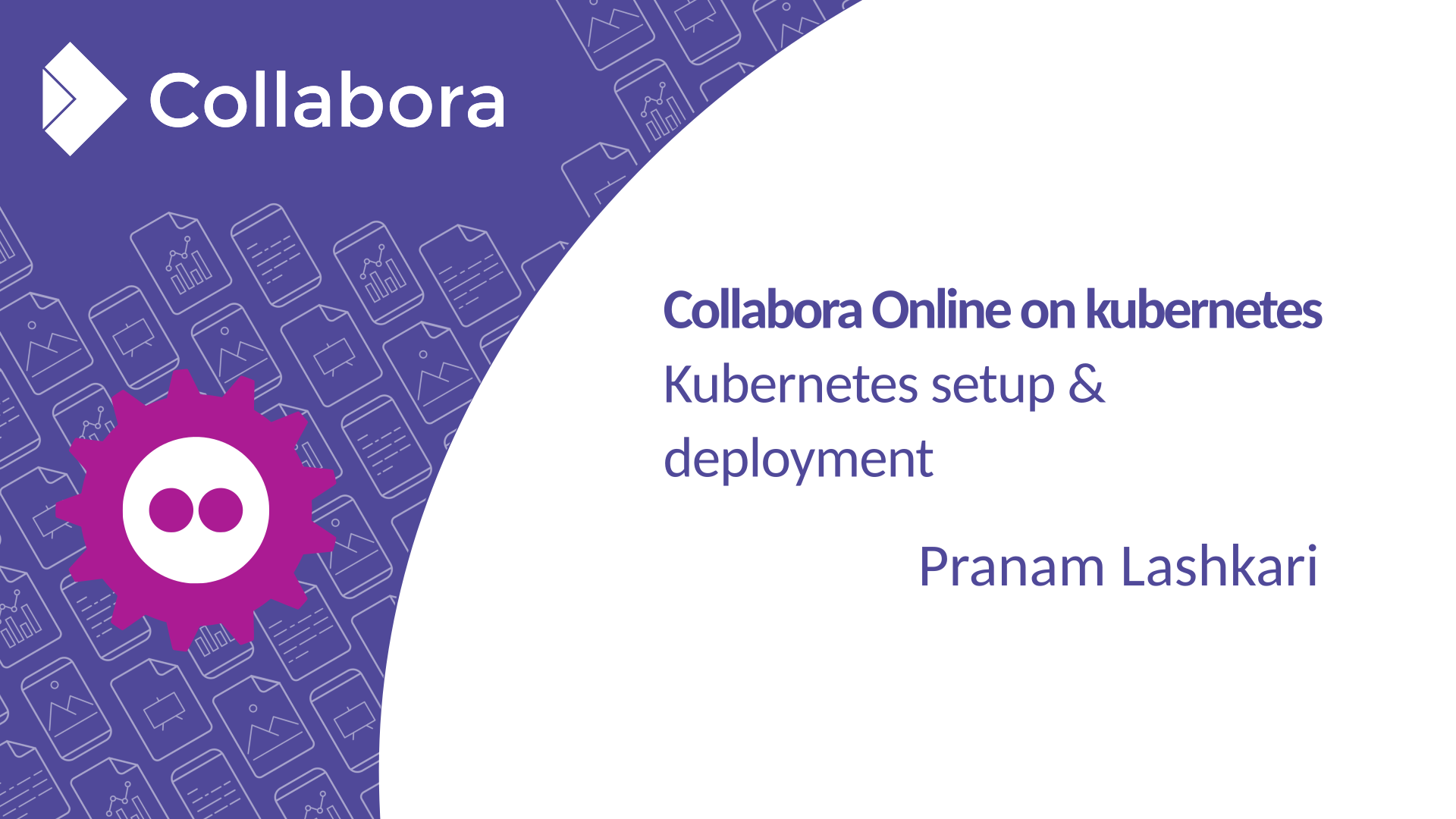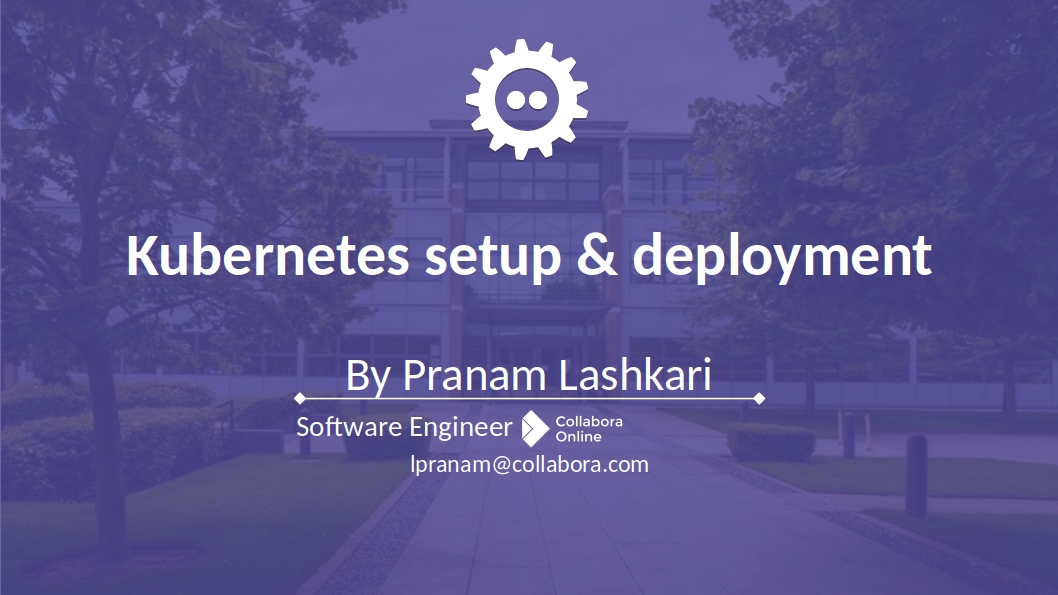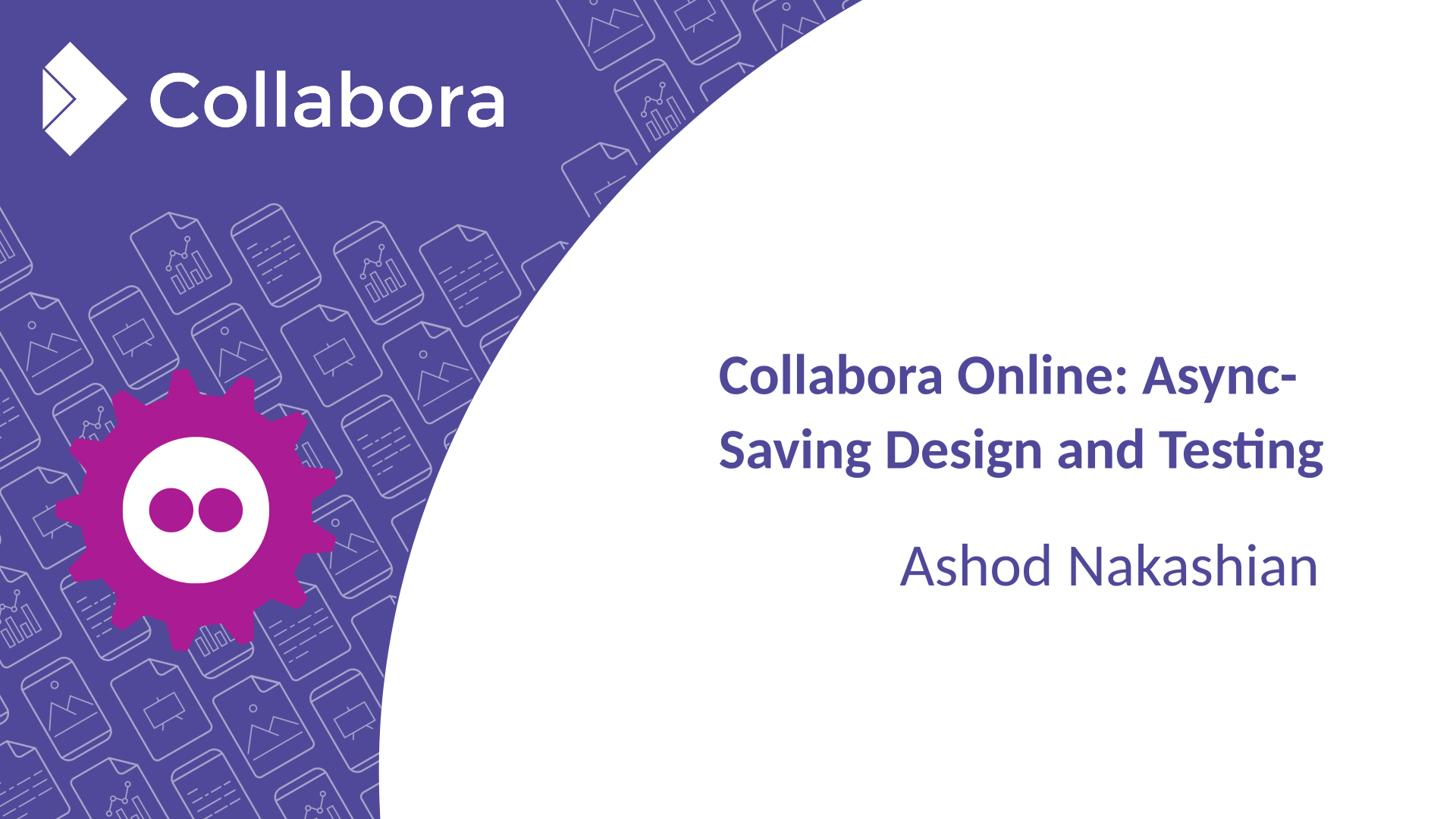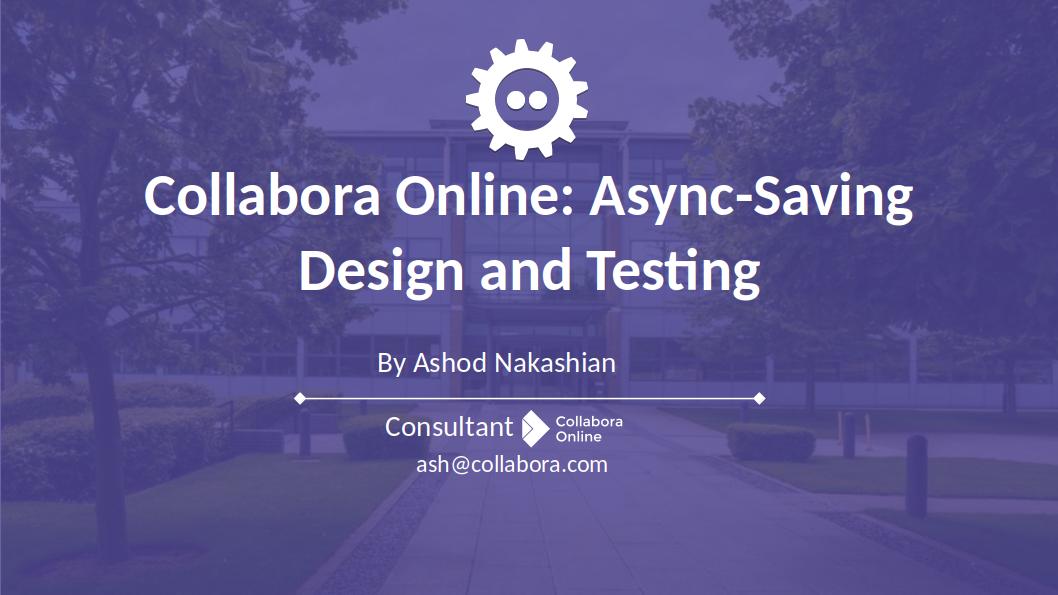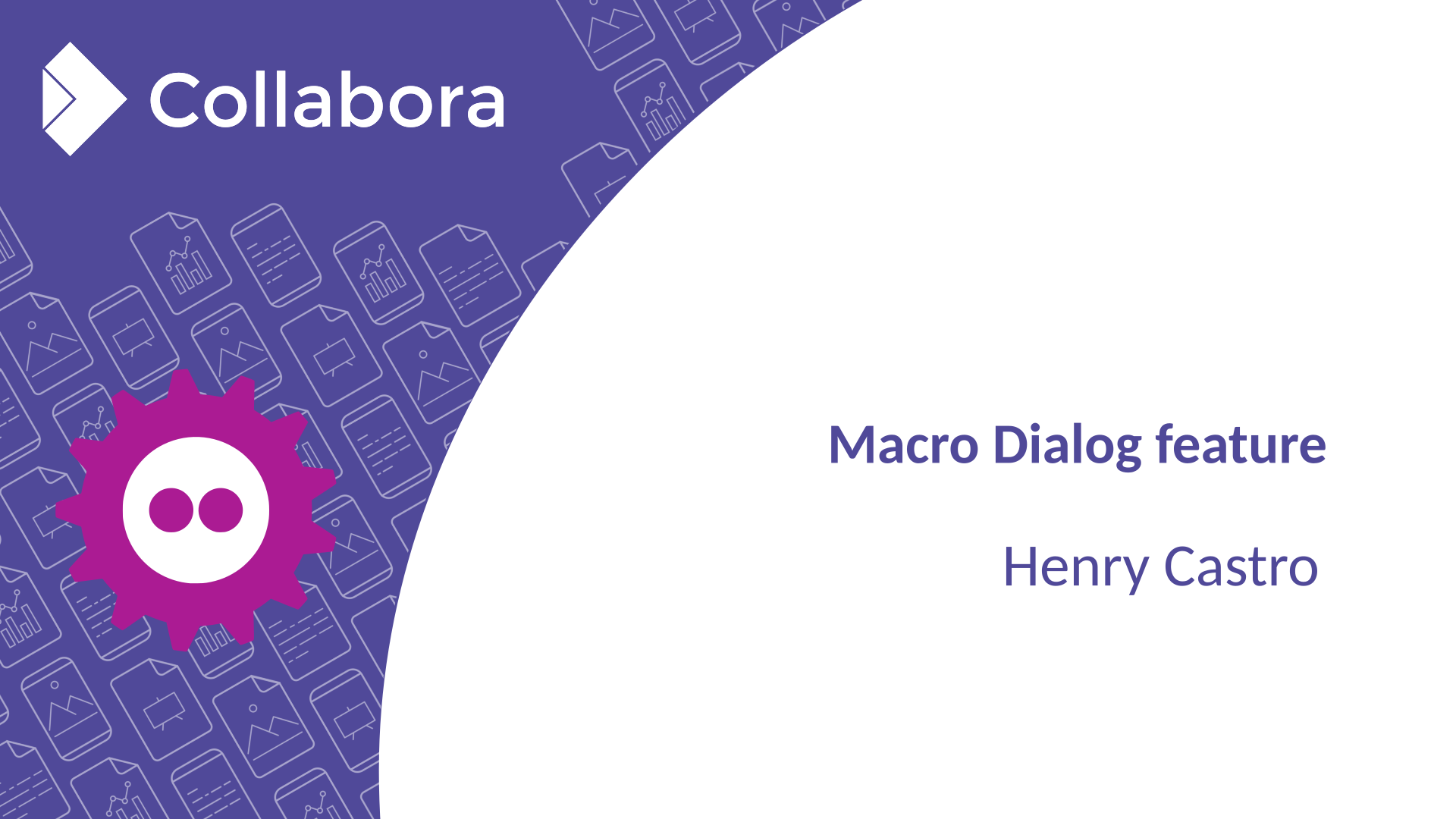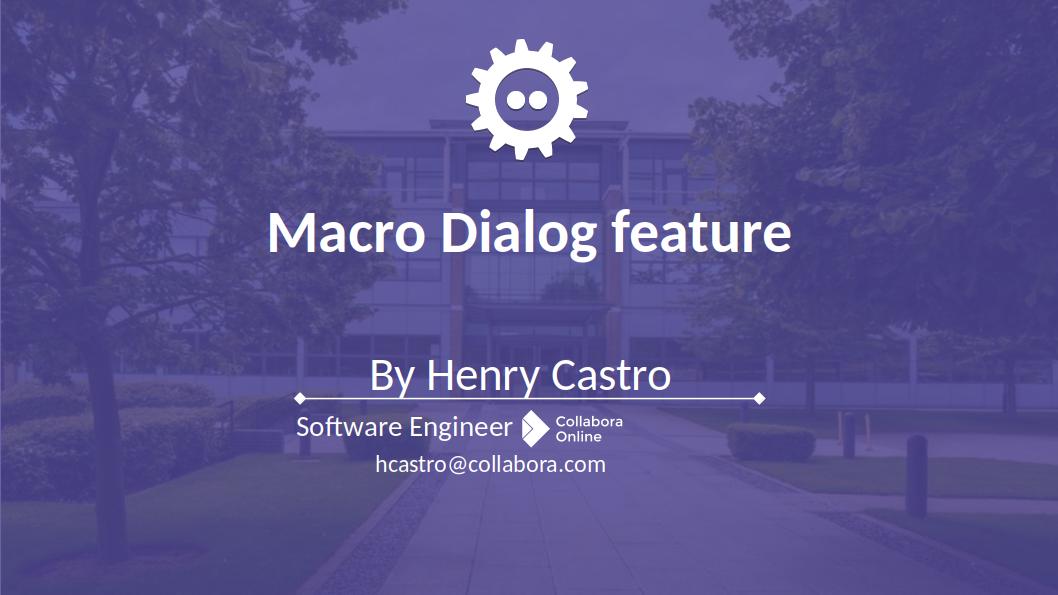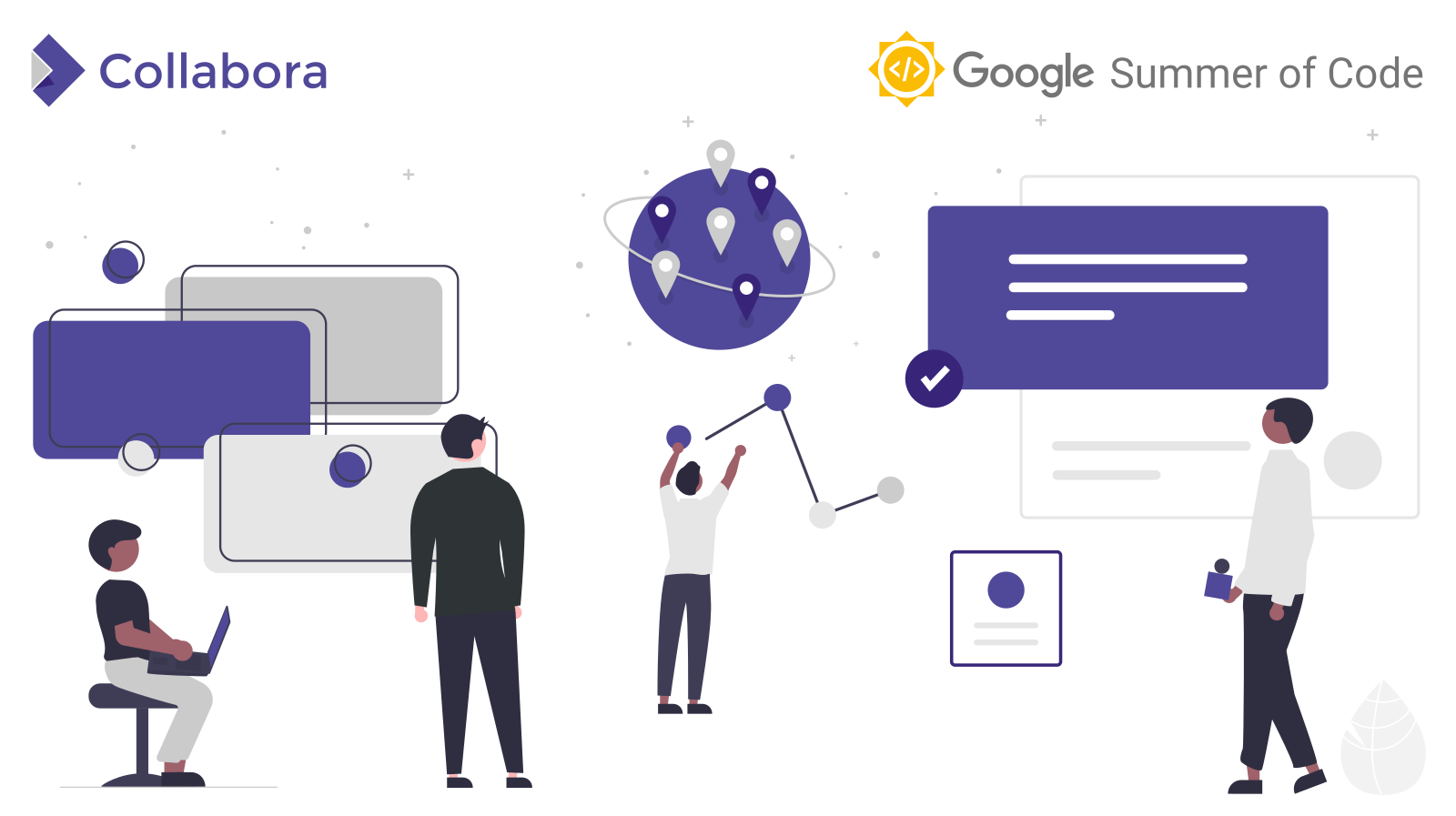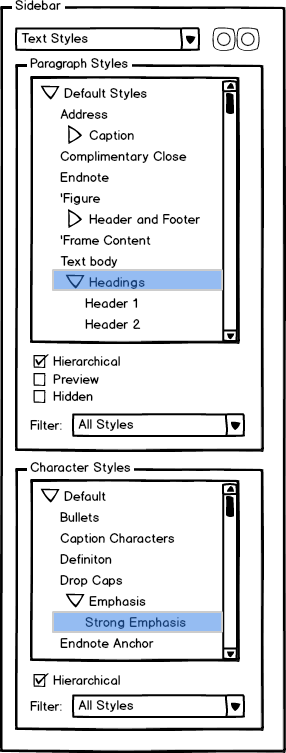Collabora recruits interns to work over the summer alongside our team, and to build experience to help them assess whether they want to pursue a career in Software Engineering, but how does that work out? Let’s hear from Christopher:
Tell me about yourself!
My name is Christopher and I am currently studying Physics, Maths and Computer Science. I’ve been doing a fair amount of programming for around 4 or 5 years at home, mainly self-taught. I’ve also learnt a lot from my Dad who works as a Software and Hardware Engineer and my Grandad who is a Physicist. Outside of coding, I’ve been teaching myself to play guitar for the last year.
When did you first become interested in coding?
It was Christmas 2018 – I’d been given a coding task from my Computer Science teacher at school to make a simple game (Battleships) and I found it really interesting. As I was working on it, I got thinking how I could make it better, so I added databasing and networking functionality to it.
What’s your favourite project you’ve worked on?
The most enjoyable things for me are the functionality improvements I’ve been working on over the Summer with Collabora. I’ve made small UI changes that have made a meaningful difference to the end users.
What else have you been working on over the Summer?
I solved an existing bug with toggling elements in the notebook bar and also worked on the ability to toggle Dark Mode. I started the template for the Admin Console, creating a foundation for clustered diagnosis.
Why did you want to spend your Summer at Collabora?
I was told it would be valuable to get work experience in technology to help with my University application, and in the future it would look good on my CV. I originally heard about the Internship from the Computer Science department at my school – Michael Meeks came in to do a talk and I was inspired by his charisma. It made me excited to spend the Summer working on my skills through working at Collabora.
What did you learn from your time at Collabora?
The most valuable thing for me was learning how to work as part of a team. It’s hard to get this experience at GCSE and A Level as you’re only really given small personal projects.
What do you want to be working on in the future?
I don’t really know exactly what I want to work on yet! There’s so many different things you can do which is what attracted me to the industry. Having the skills is a real door opener and transferable across many industries.
Would you recommend an internship at Collabora to others interested in a career in technology?
Absolutely! It was challenging but stimulating – I’m very thankful for a great opportunity and to Pedro and Pranam for the skills they’ve taught me.
Christopher has been continuing to work on some projects for Collabora during his final year of college. We are excited to see what other UI improvements will be made over the coming months.
Why not get involved? We love to work alongside the next generation to help them discover what a career in Software Engineering might look like. If you’ve ever considered it for yourself, get in touch today!
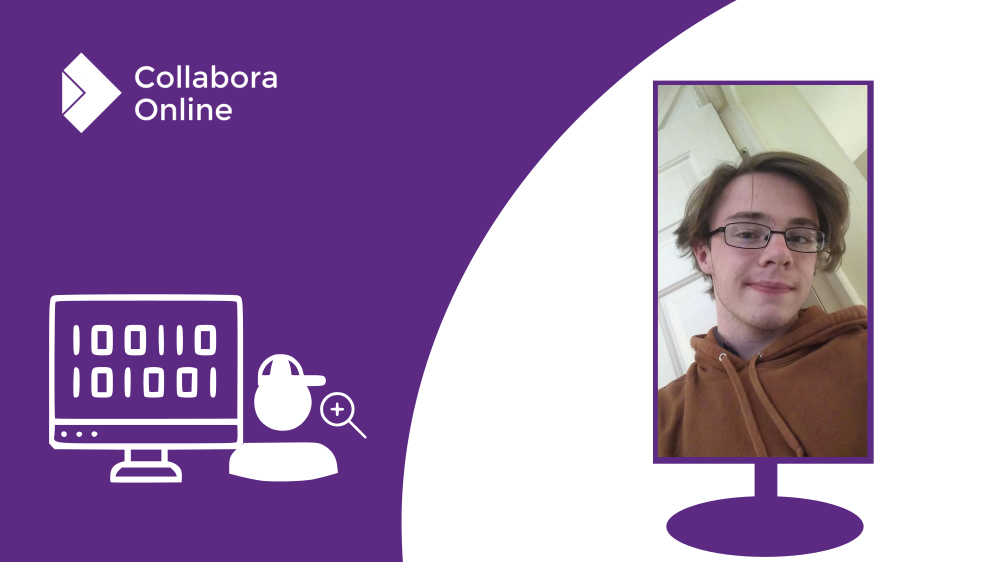
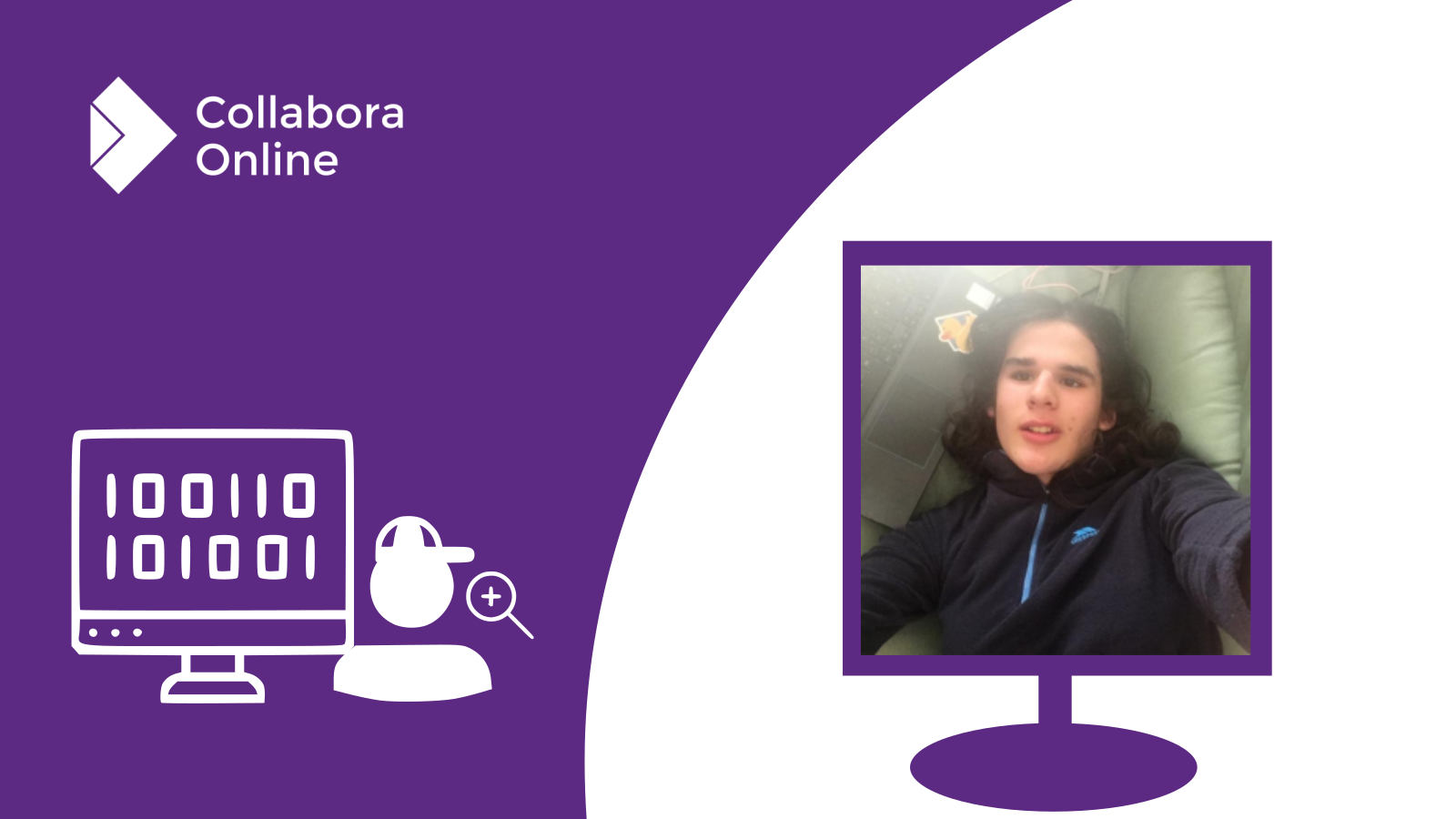
 We’re continually contributing improvements to the
We’re continually contributing improvements to the 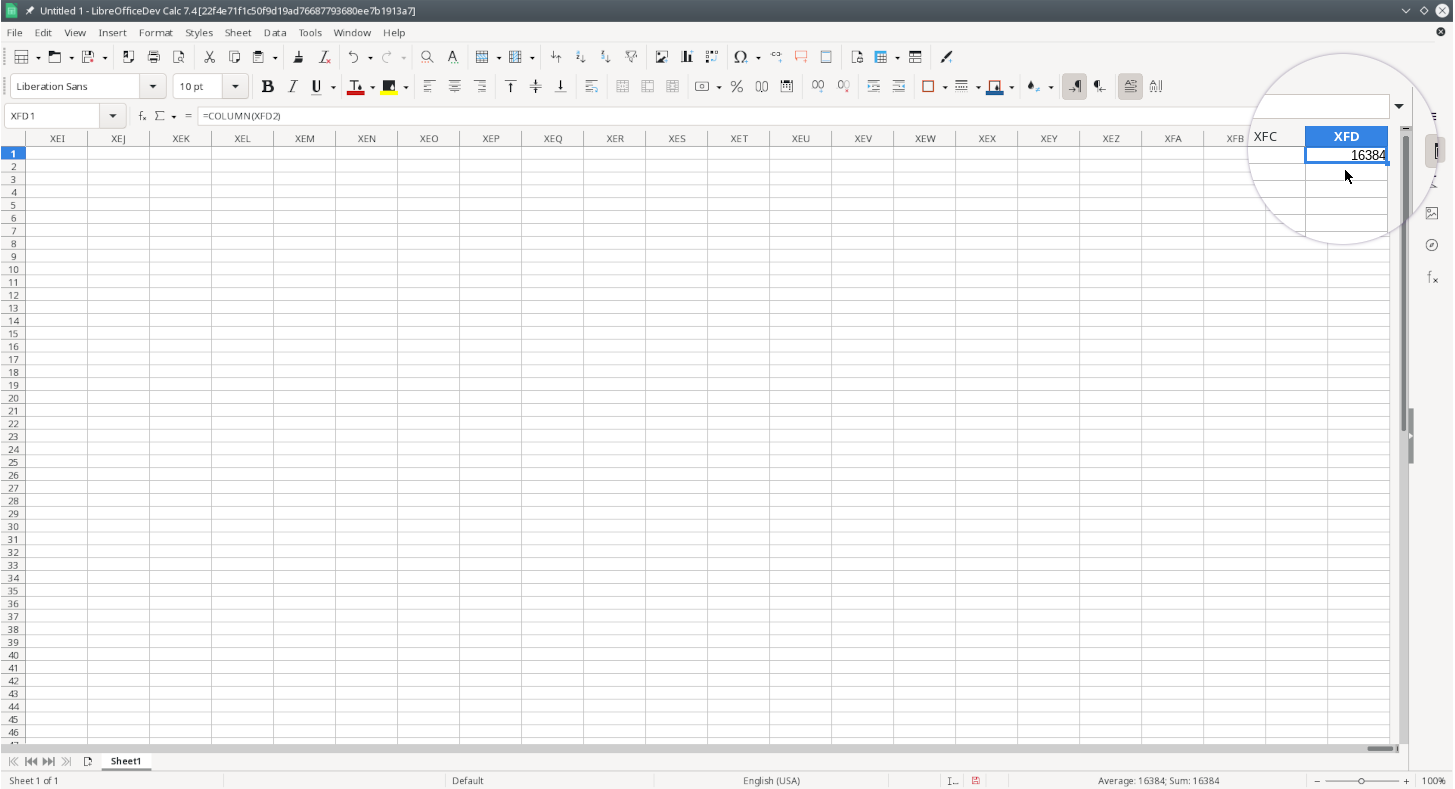

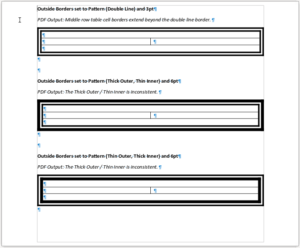
 Thanks to the funding of NGI and the European Union, this missing feature is now being implemented. This project has received funding from the
Thanks to the funding of NGI and the European Union, this missing feature is now being implemented. This project has received funding from the 
